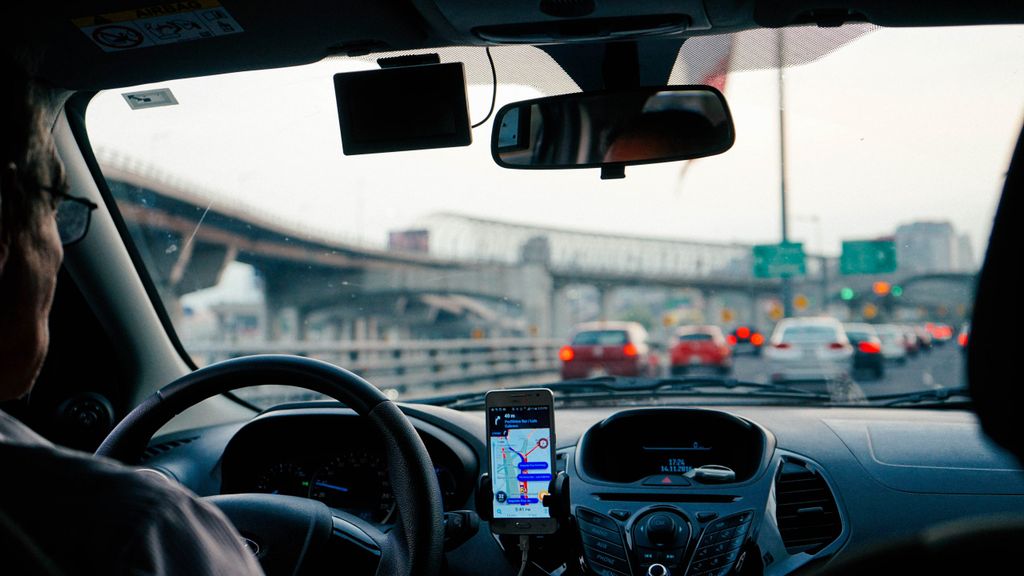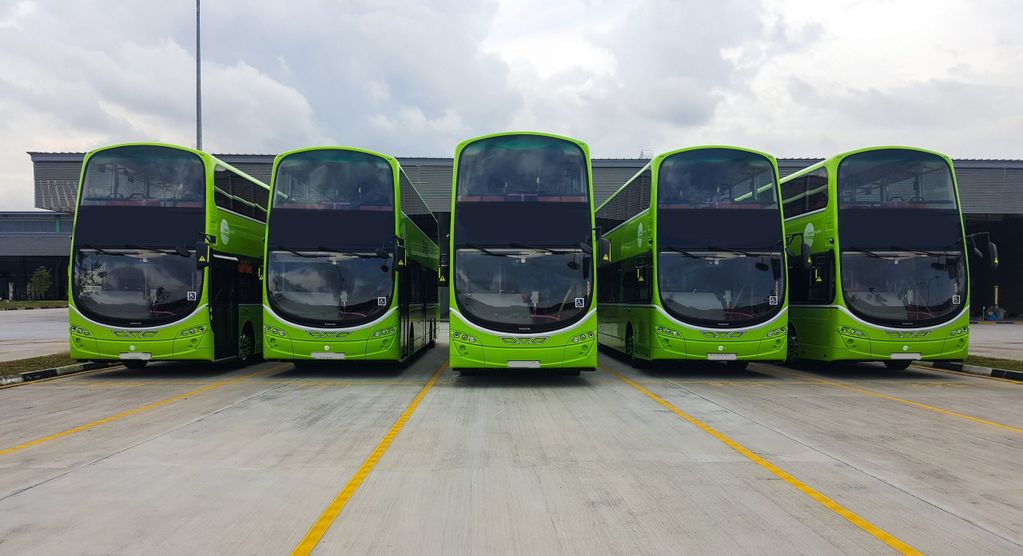
Guardians of Mobility: flexible mobility services on the front lines
There are many “unsung heroes” in times of crisis, and we recognise that our public transport professionals are some of them.
Our ‘Guardians of Mobility’, are an integral part of the front liners keeping essential services available throughout the coronavirus pandemic.
Over the course of these past few weeks, we have been sharing stories from our own community on what’s being done to keep public transport operations running around the world, and to shed a little light on our sector’s contribution to fighting this pandemic.
Today, we hear about differentflexible and on-demandmobility servicesand theirrole on the front lines.
Berliner Verkehrsbetriebe (BVG) and ViaVan
As with the rest of the world, Berlin has witnessed a ridership decline in their once bustling public transport networks. However, BVG and ViaVan knew they had to adapt to the rapidly changing environment.
“In the beginning, no one could predict how long this situation would last. Our performance had to be adjusted to the declined ridership within a short notice”, said Dr Rolf Erfut, Director of Operations at BVG.
BVG and ViaVan decided to do something incredible. While most people are working from home, they knew essential workers still had to travel to work. Their ride-sharing service BerlKöning has been providing healthcare workers with free on-demand transport. In order to meet the demand, they expanded the zone of their service to include healthcare facilities located on the outskirts of the city and capped capacity at 50% in all vehicles. Despite their lower overall demand, they still ensured safe distancing rules were applied.
Our performance had to be adjusted to the declined ridership within a short notice
CityWay
In response to the Covid-19 crisis, Cityway has mobilised its team to find quick and effective solutions for on-demand transportation at any time of the day, especially for essential workers.
“Finding solutions in an emergency context, and in particular in the context of a crisis as brutal and unexpected as the Covid-19, is particularly challenging. On-demand transport has proved very effective, as it allows the set-up of tailored services compatible with social distancing imperatives and the necessary disinfectionof vehicles between each use”, said Laurent Briant, Managing Director of Cityway.
Cityway’s MaaS digital platform has been deployed in many French cities over the past weeks: Aix-en-Provence, Marseille, Nice, Mulhouse and Reims, to name a few. This solution has been tailored to the specific needs of each city.
“We have worked hand in hand with the local transport operators to be as reactive as possible and to manage the complexity of a crisis which evolves differently every day and everywhere”.
While some operators asked Cityway to expand the service to reach a greater part of their population, others, such as Reims, asked for the service to be tailored so that they go directly to the addresses of medical staff rather than to predetermined stops.
We have worked hand in hand with the local transport operators to be as reactive as possible
Uber
The easily recognisable red shared JUMP bikes are part of the everyday streetscape in many cities. Uber has been keeping an eye on how the situation has been evolving around the world, and making sure to adapt their mobility services accordingly.
“As the crisis began, JUMP immediatelyrevised its maintenance to reduce viral transmissionto users and staff with new protocols and frequent sanitisation, and coordinated with cities with regard to continuing or pausing services. As the crisis grew, JUMPoffered free trips to essential workersglobally, and in some cases evencreated private fleets for hospital staff”, said Chris Pangilinan, Head of Global Policy for Public Transportation at Uber.
So what does the future hold for bike sharing and other services? “As we look toward recovery, JUMP plans to try to offerprogrammes to support people economically affected by the crisisandfill gaps in public mobilitydue to public transport reductions.”
“We believe micromobility will play a major role in helping cities get moving again safely”, continued Pangilinan. “Diverse multimodal transportation is more important to urban resilience than we even previously thought.”
It is no secret that the transport sector has been hit hard economically by the crisis, and while mass public transport operators are coordinating the resumption of services in line with governmental regulations, these flexible solutions can keep users from reverting to private cars. With the support of diverse mobility services, operators can meet passengers’ needs, offer door-to-door options and maintain safe travel for those who need it.
Thank you to these Guardians of Mobility!
Diverse multimodal transportation is more important to urban resilience than we even previously thought
exclusive resources








